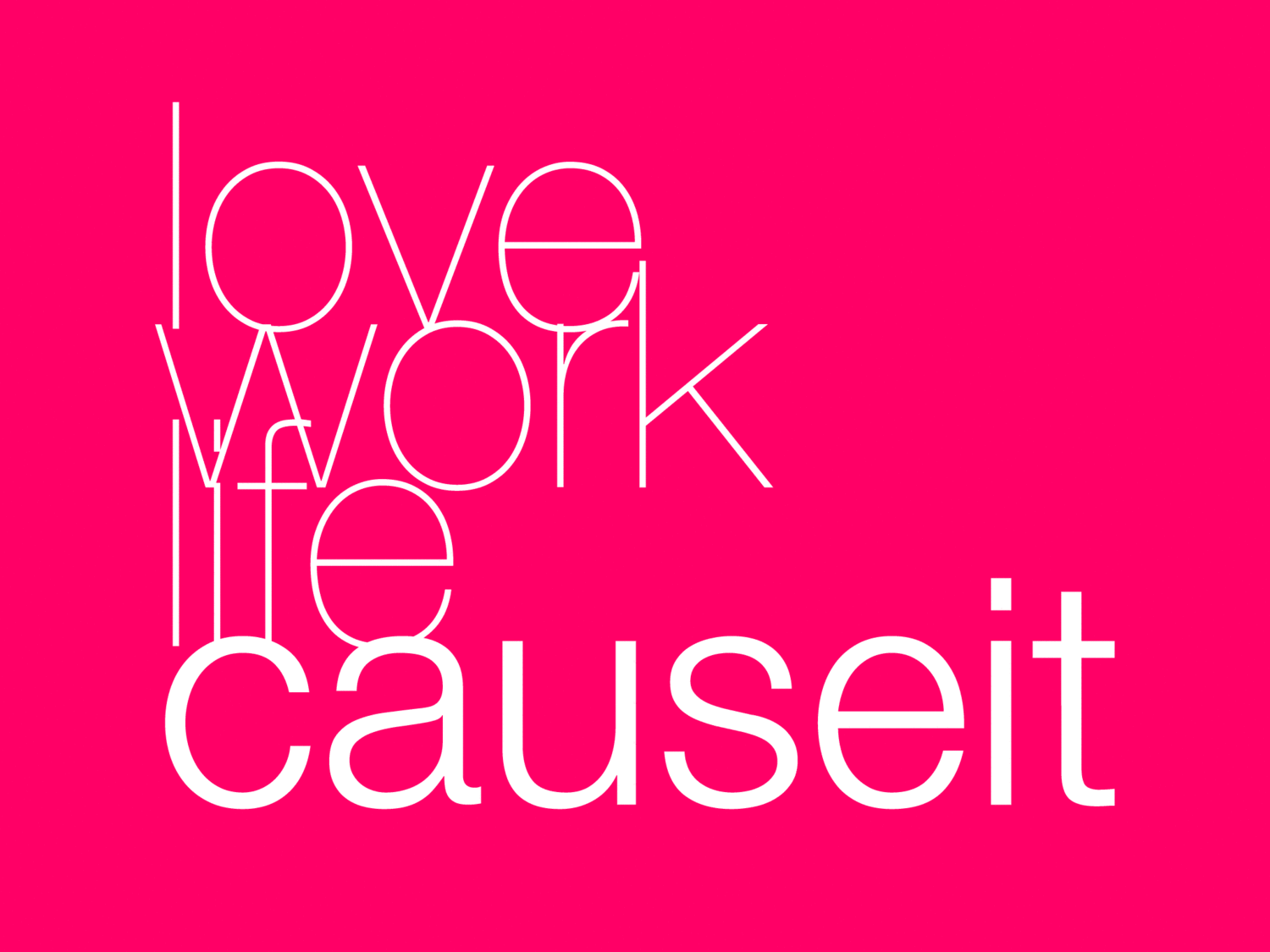As a small company working with large technology firms, we've learned some difficult lessons about how to navigate the corporate world. As the white, male founder of a firm, but with 'hidden' diversity (all of our current employees qualify as at least one protected class, such as women, members of the LGBT community and/or disabled) I have seen a lot of conversations where people assumed I was one of the old boys' club, and had at least as many where I was definitely not in the 'club.' What I've learned is that mentorship is the second prize: sponsorship is what really matters. I first heard the term 'sponsorship' at the BlogHer Business, Entertainment and Technology conference a few years ago. In contrast to the (useful) mentorship and coaching models, which are mostly about advice in a private setting, sponsorship is the concept of lending or giving tangible and intangible resources to others to help them get a leg up—like reputation, connections, leads, money or access
Apple's Reintermediation of Smartphones: The iPhone as a Service
With Apple's recent announcement of their direct sales of not just smartphones, but phone & plan bundles, mainstream customers are about to experience a big, visible change in mobile business models. While lots of articles do a great job comparing Apple's new iPhone Upgrade Plan to similar carrier-specific offerings, there's another issue at hand behind the scenes as Apple closes the loop of the iPhone experience.
Empowering through Leadership, Not Control — Interview with Mark Bonchek
Mark Bonchek Talks Doctrine and Decision-Making
Software as a Service (SaaS) and Platform as a Service (PaaS)
Feedback Loops, Empathy and the Importance of Outrospection
As the world shifts towards more-networked organizations, the creation of feedback loops is more important than ever. An organization's capacity for empathy determines whether or not its products and services will actually serve the people it is trying to earn money from, and its awareness of what motivates its competitors, regulators and even its own staff will determine its ability to form important strategic alliances, form public-private partnerships and retain its workforce.
Healing the Wounds of the Assembly Line with Feedback Loops and Doctrine
Often, the focus on the ideal of the cross-functional, interdisciplinary, extroverted worker results in questions being asked which the average employee is insufficiently skilled to answer. In her book Quiet, Susan Cain cites the example of one of her research technical interviewees' recollection of a 'murder board,' a panel of decision-makers whom engineers had to face in order to get their new ideas considered for funding and other resources. One can imagine a hard-faced panel of besuited men tearing down the brilliant if meek engineer with the smug expressions of a young MBA grad: "What's your marketing plan!," they might shout, "
Autonomy and Acceptable Failures: The Need for Doctrine
Autonomy, especially in and around U.S. businesses, is a tricky concept. Autonomy is valued very highly in our culture, but the challenge of finding a way to hand off acceptable amounts of control takes a lot more work than most leaders or employees realize. Few companies have the patience or budget for mistakes which occur when a more-autonomous goes wrong, so they choose not to grant autonomy in the first place, or revoke it at the first sign of trouble. Understandably, the constant conflict of employees who need autonomy and leaders who need accountability plagues most organizations.
First Steps to Doctrine: the Example of Moore's Cloud Business Principles
For an example of a fluid progression from values to high-level beginnings of doctrine, consider this published set of business principles from Moore's Cloud, a "smart light" startup based in Australia. Their founder, Mark Pesce, explained that the intent of these principles was both internal and external, being used both to inform internal daily decision-making and to filter (attract or repel) investors by explicitly stating the company's commitment to open ecosystems and transparent business practice. By 'downloading' individuals decision-making guides from key leaders in the organization and then 'uploading' them to the business's guiding source code, Moore's Cloud has reduced huge amounts of unnecessary
The Spectrum of Introversion to Extroversion
Most leadership guides, hiring manuals and educational practices are grounded in the idea of supporting collaboration and motivating employees by having extroverts lead. The history of how this came to be is detailed in the revealing title by Susan Cain, Quiet: The Power of Introverts in a World That Can't Stop Talking.











